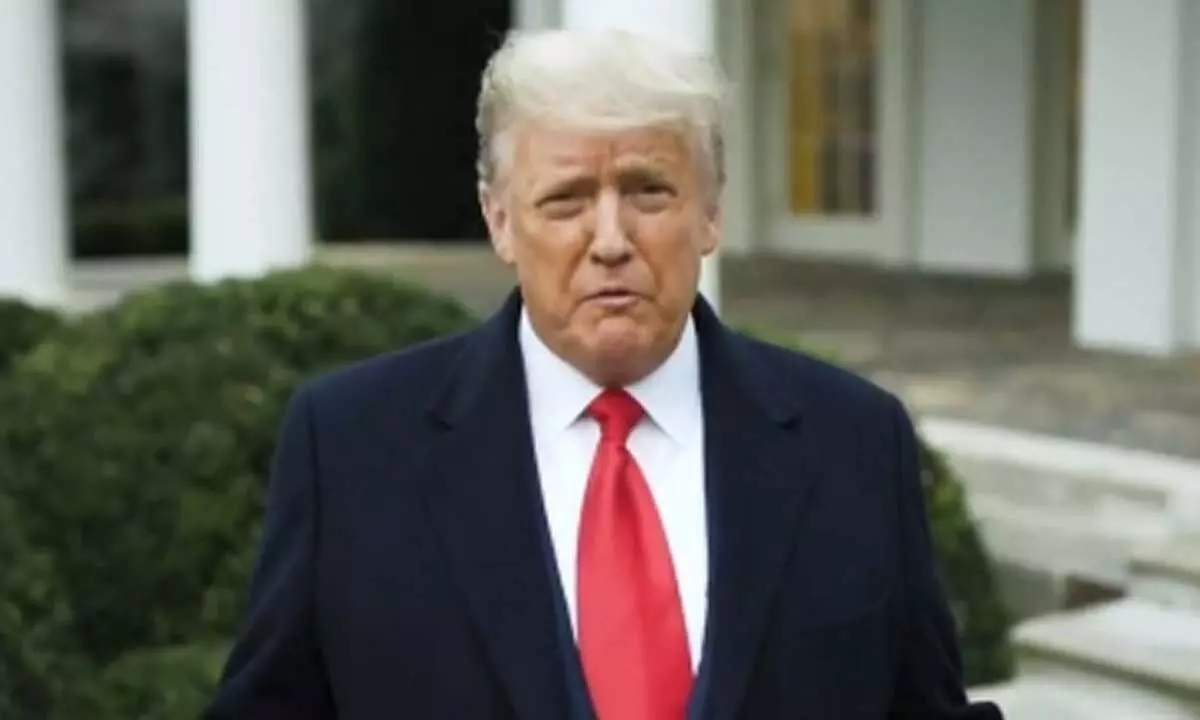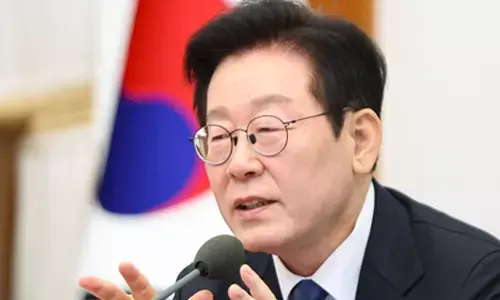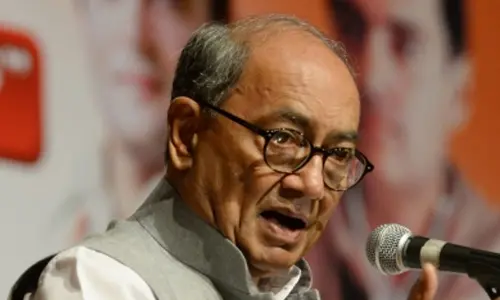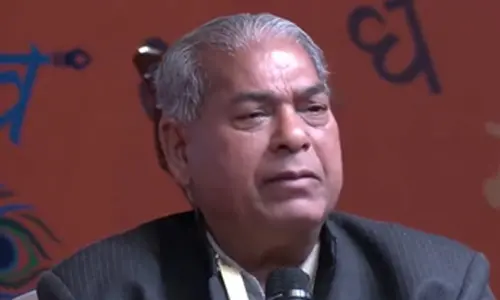Trump Challenges Apple's India Manufacturing Push: "I Don't Want You Building In India"

US President Donald Trump has expressed opposition to Apple's manufacturing expansion in India, while claiming India offered to drop all tariffs on US goods. This comes as Apple CEO Tim Cook confirmed plans to produce most US-bound iPhones in India amid evolving US-China trade relations.
US President Donald Trump has publicly voiced his disapproval of Apple's growing manufacturing presence in India, stating that he only supports such expansion if it serves India's domestic market. During discussions with business leaders from the US and Qatar, Trump recounted his conversation with Apple CEO Tim Cook.
"I informed Tim Cook, 'You're my friend and I've treated you well. You're announcing a $500 billion investment here in the US, yet I hear you're establishing operations throughout India. I don't support your building in India except to serve India's market, considering India imposes some of the world's highest tariffs,'" Trump stated. He also claimed that India has offered to eliminate all tariffs on American goods.
Trump's remarks come at a critical juncture when Cook has recently confirmed that due to trade uncertainties with China, Apple will manufacture the majority of US-bound iPhones in India during the current quarter. The company has ambitious plans to relocate approximately 25% of its total iPhone production to India over the coming years, gradually reducing its dependence on China, which has traditionally been the company's manufacturing powerhouse.
This development follows significant changes in the global trade landscape. After initial tensions between the US and China regarding tariff rates, the two economic giants have recently reached a trade agreement. Prior to this deal, escalating trade frictions had benefited India, with American buyers increasingly turning to Indian suppliers following the US implementation of 145% tariffs on Chinese products.
Industry analysts had widely anticipated that elevated tariff rates on Chinese goods would accelerate companies like Apple's diversification to India, where the tech giant has established substantial assembly capabilities. Any improvement in US-China trade relations could potentially challenge the expected shift of supply chains to India.
However, Indian government officials reportedly remain confident about Apple's continued investment in India. They believe the company's manufacturing migration began in 2020, driven by India's strategic vision to become a global electronics manufacturing hub rather than as a response to tariff-related pressures.
What remains uncertain is how supply chains for companies like Apple will adapt if the US-China trade agreement significantly reduces tariffs on Chinese exports. China's technological capabilities and skilled workforce in the electronics sector are generally considered superior to India's resources.
Apple significantly increased its production in India following the introduction of the Indian government's Production Linked Incentive (PLI) scheme for smartphone manufacturing in 2020. Under this program, manufacturers receive subsidies based on their incremental sales growth. While Apple initially produced only older iPhone models in India, it now manufactures all models including premium Pro variants for global markets.
Apple and its manufacturing partners have emerged as the primary beneficiaries of the PLI scheme subsidies. Reports indicate that the Indian government has distributed approximately $1 billion between 2022-23 and 2024-25, with Apple's contract manufacturers—Foxconn, Tata Electronics, and Pegatron (recently acquired by the Tata Group)—collectively receiving over 75% of these funds, totaling nearly Rs 6,600 crore ($880 million).
In 2023-24, Foxconn, Apple's largest global contract manufacturer, received the highest annual subsidy of Rs 2,450 crore ($327 million). However, records show no incentives were issued to Foxconn in 2024-25, when Samsung received the largest subsidy of approximately Rs 958 crore ($128 million).
















